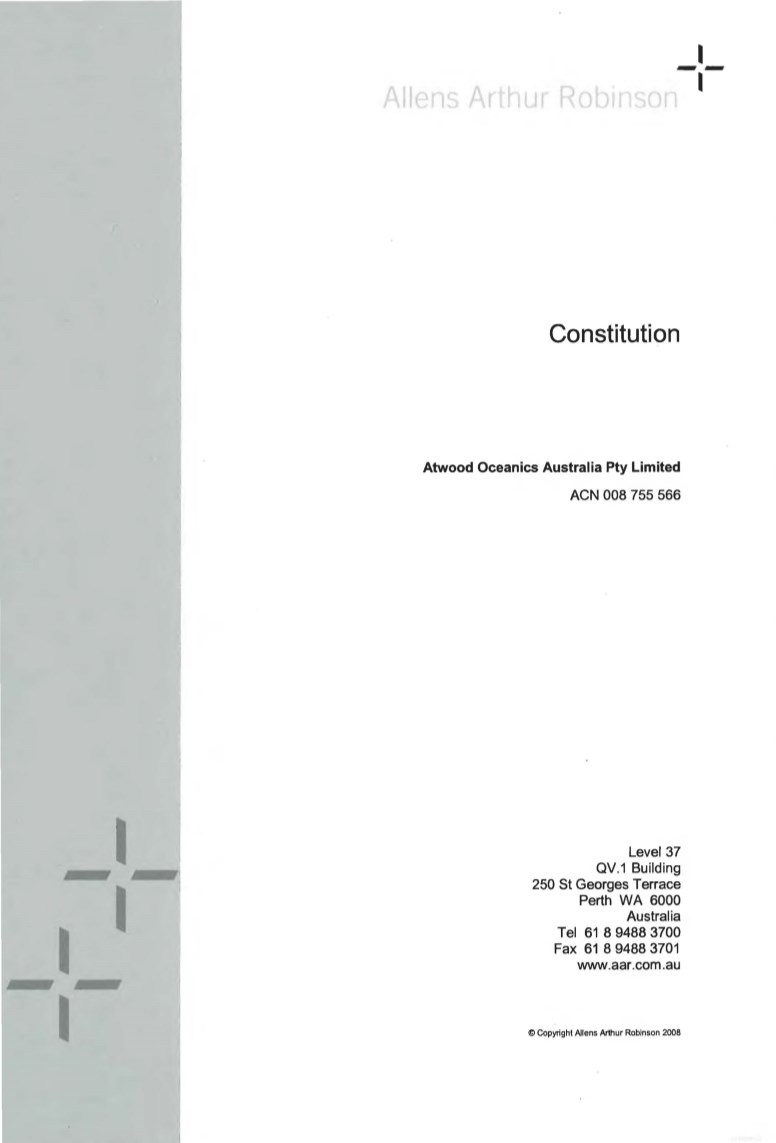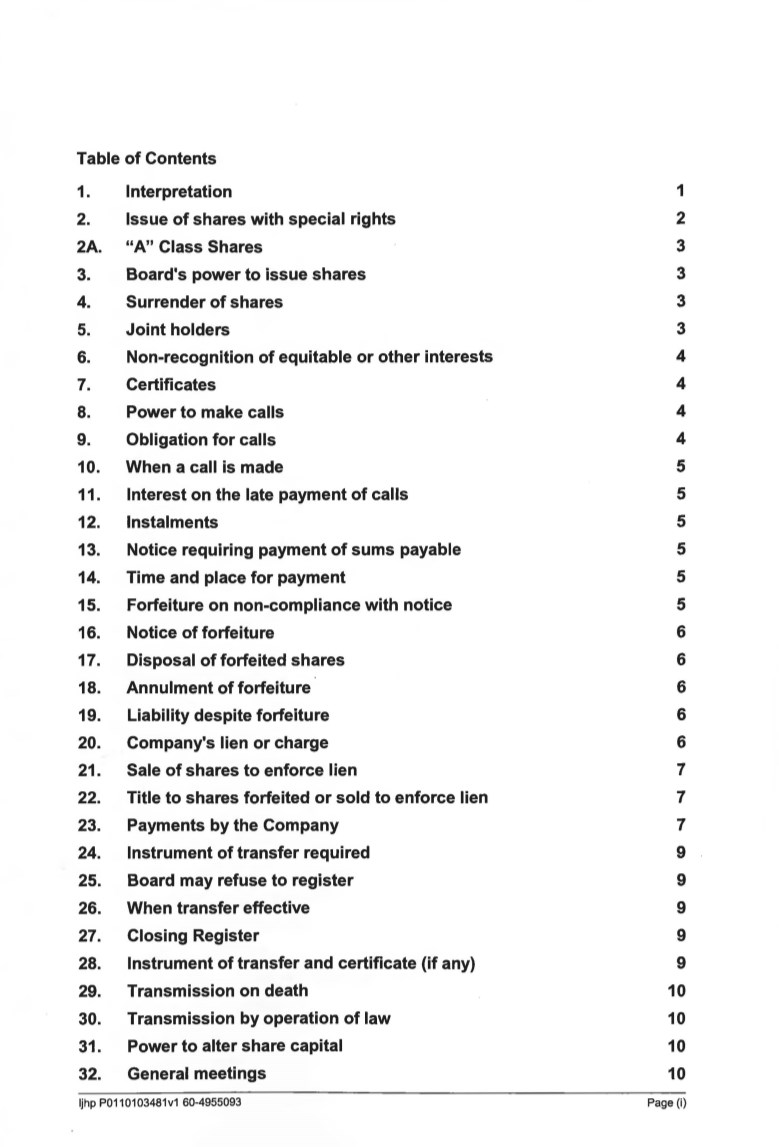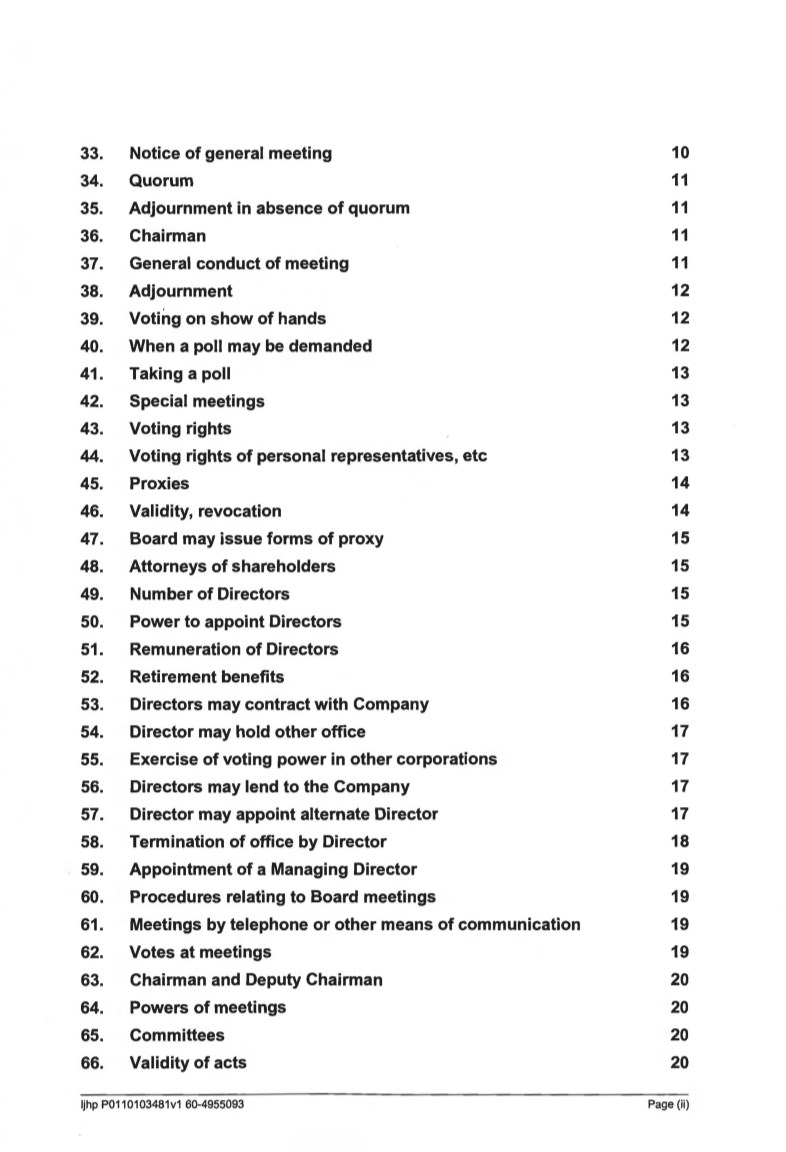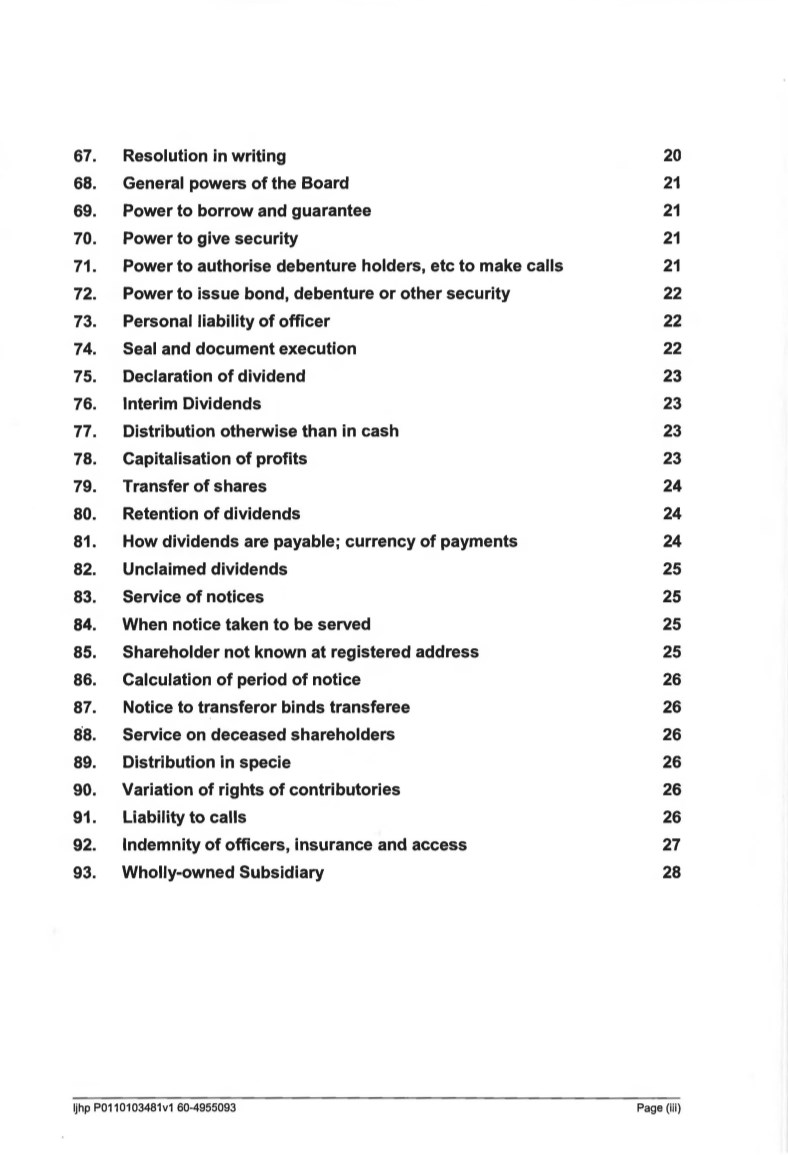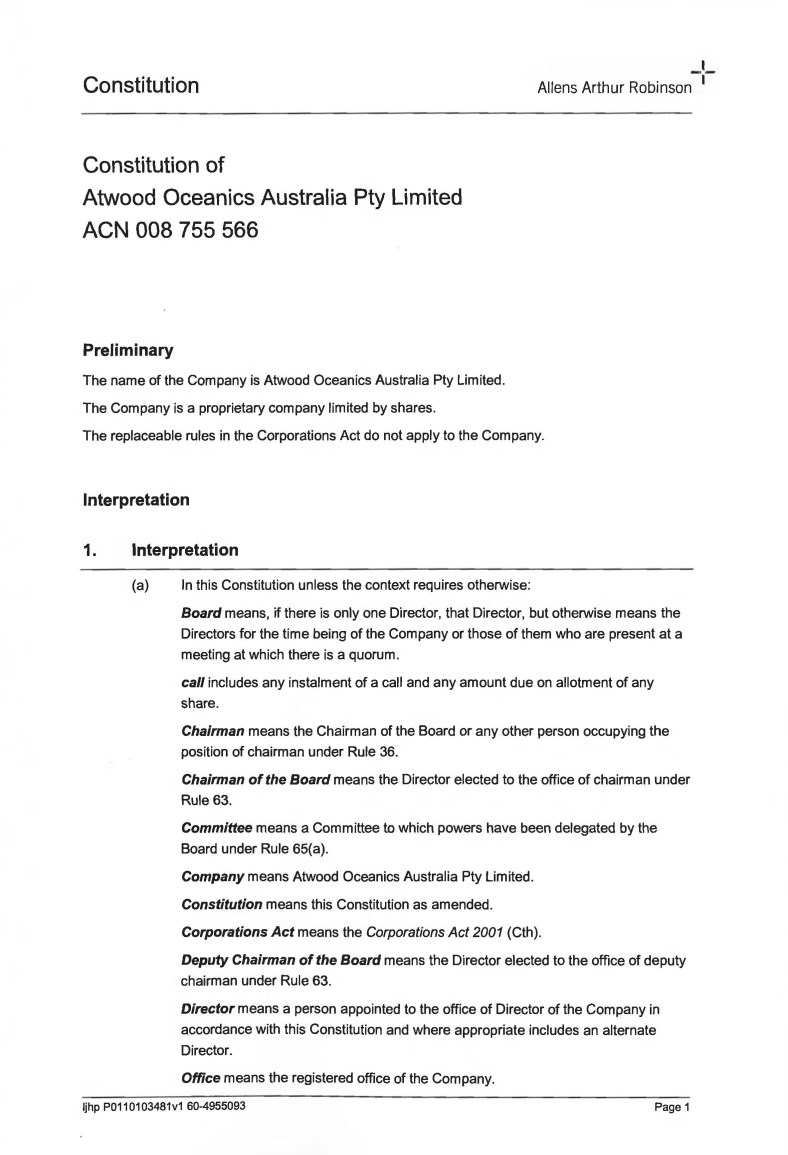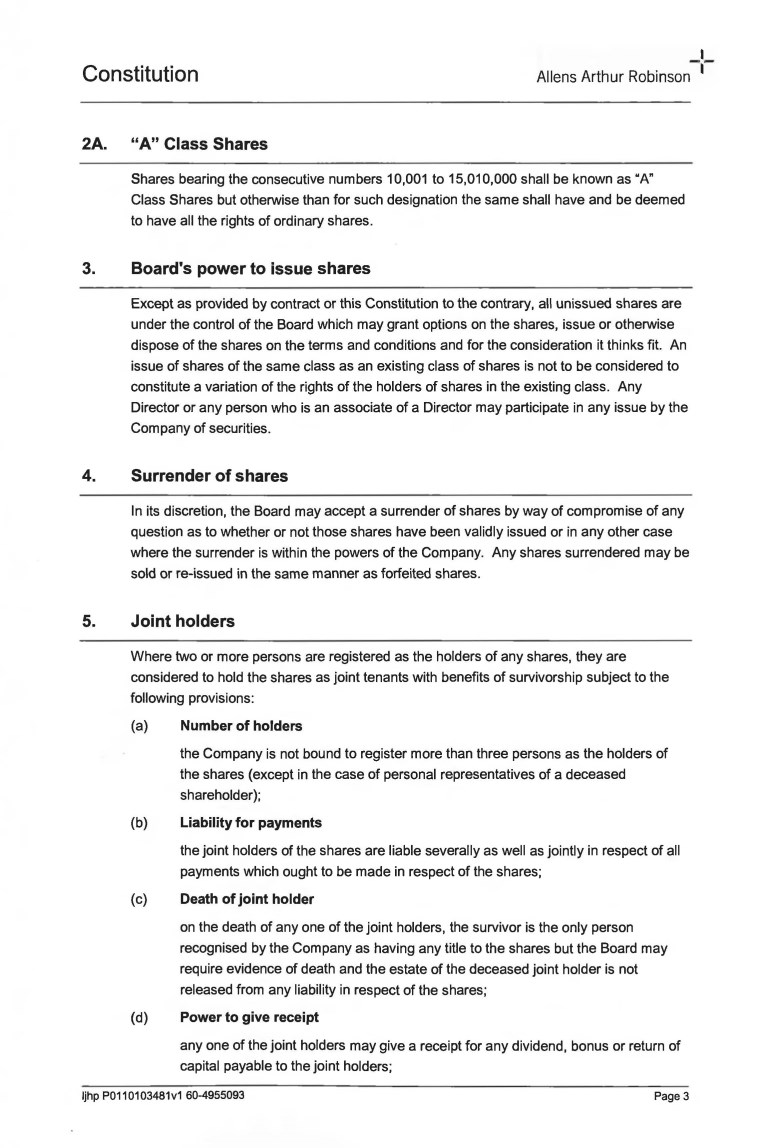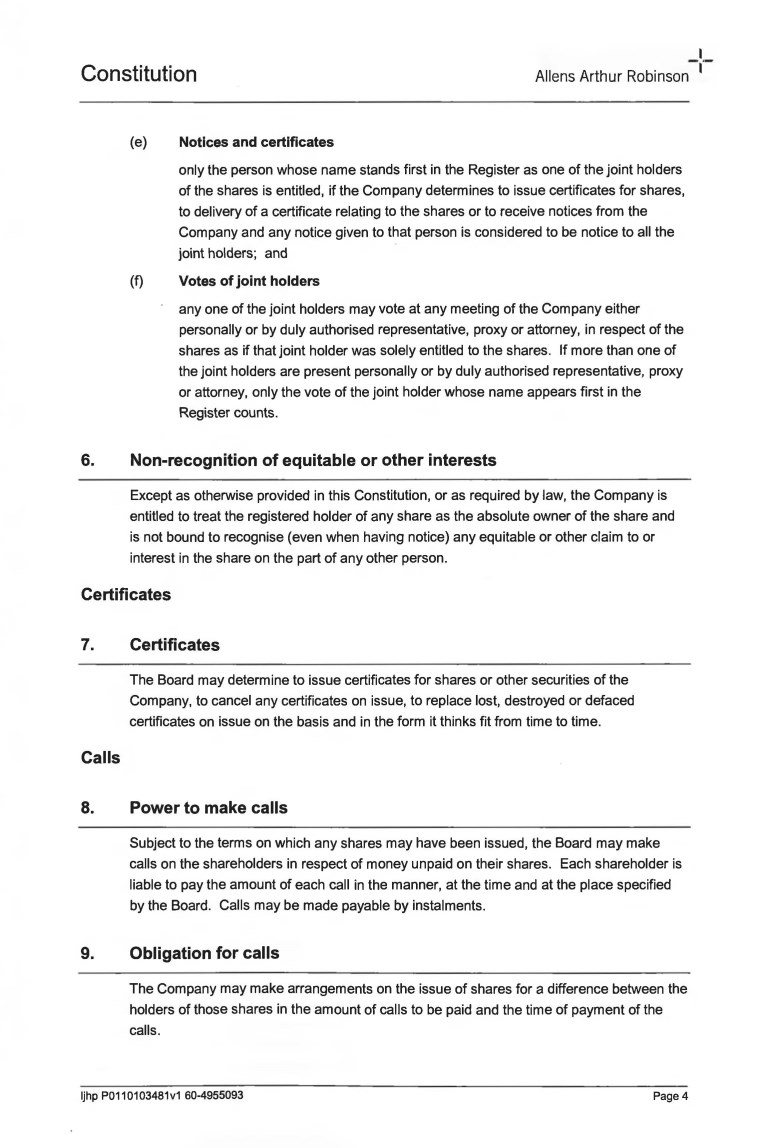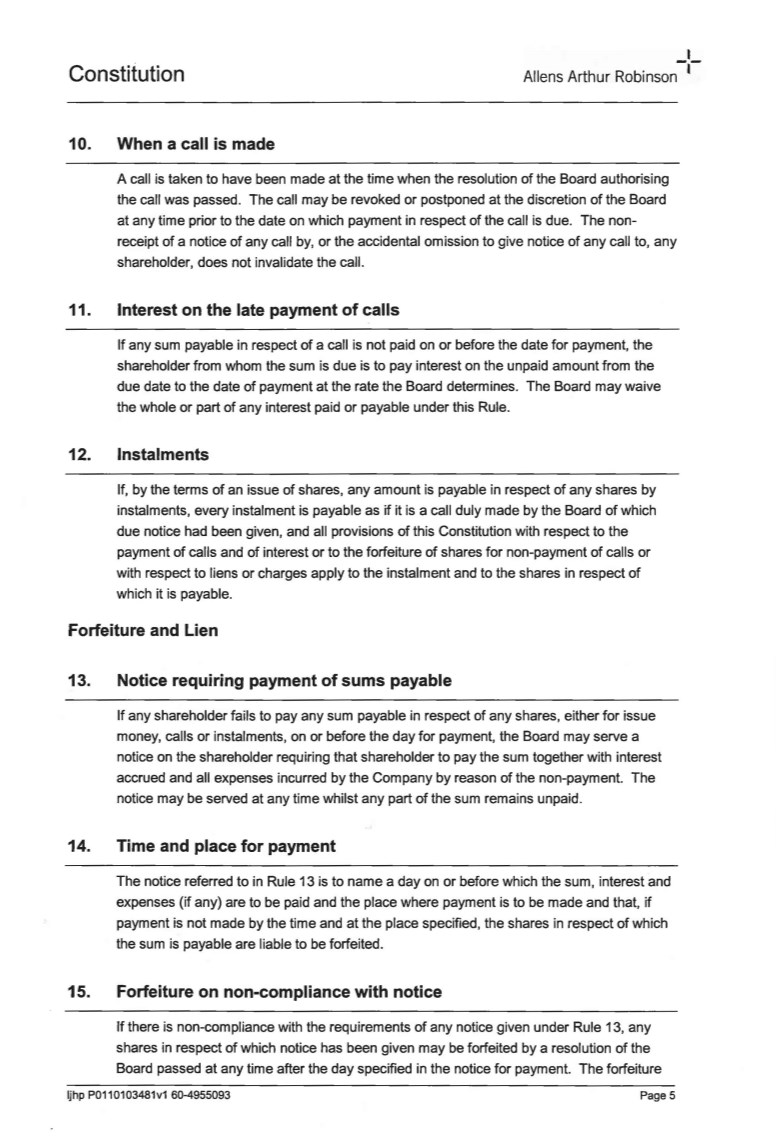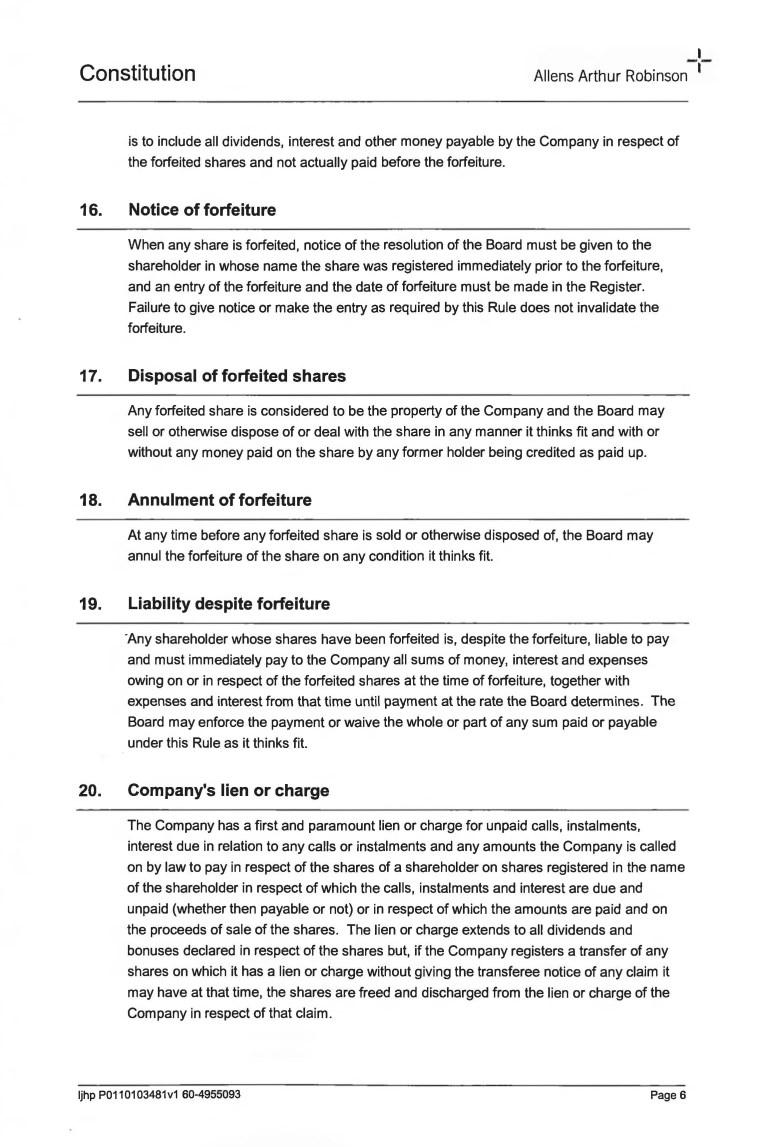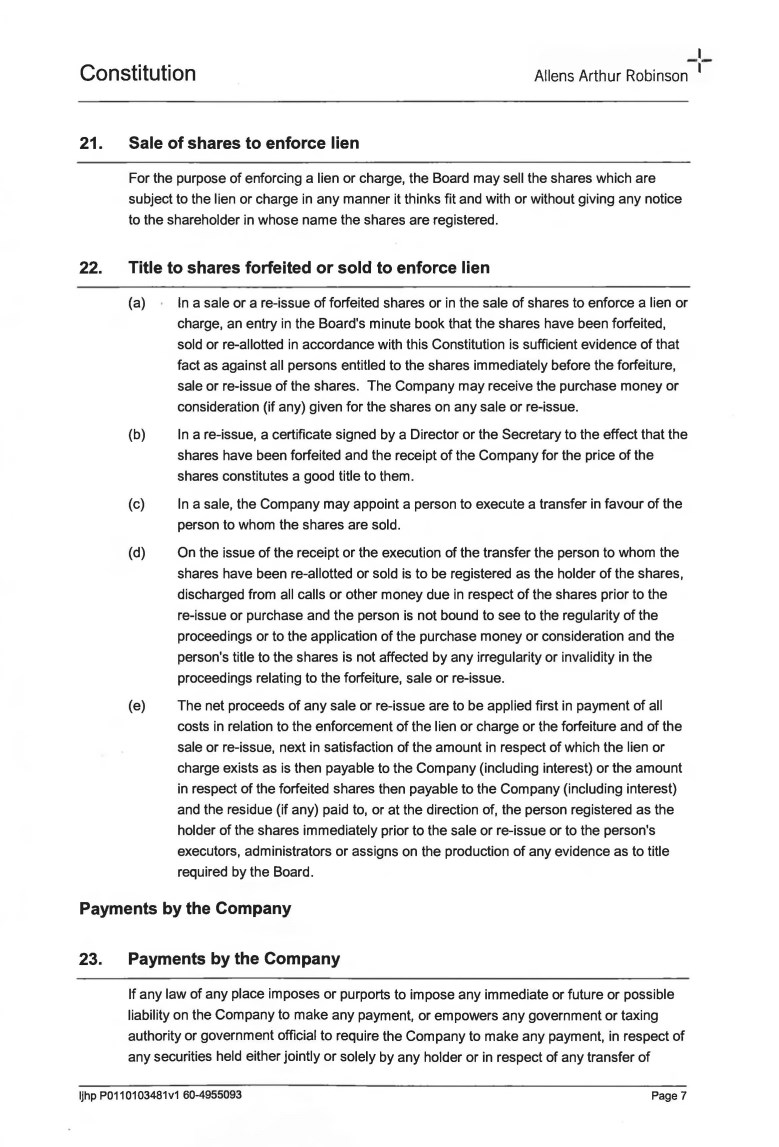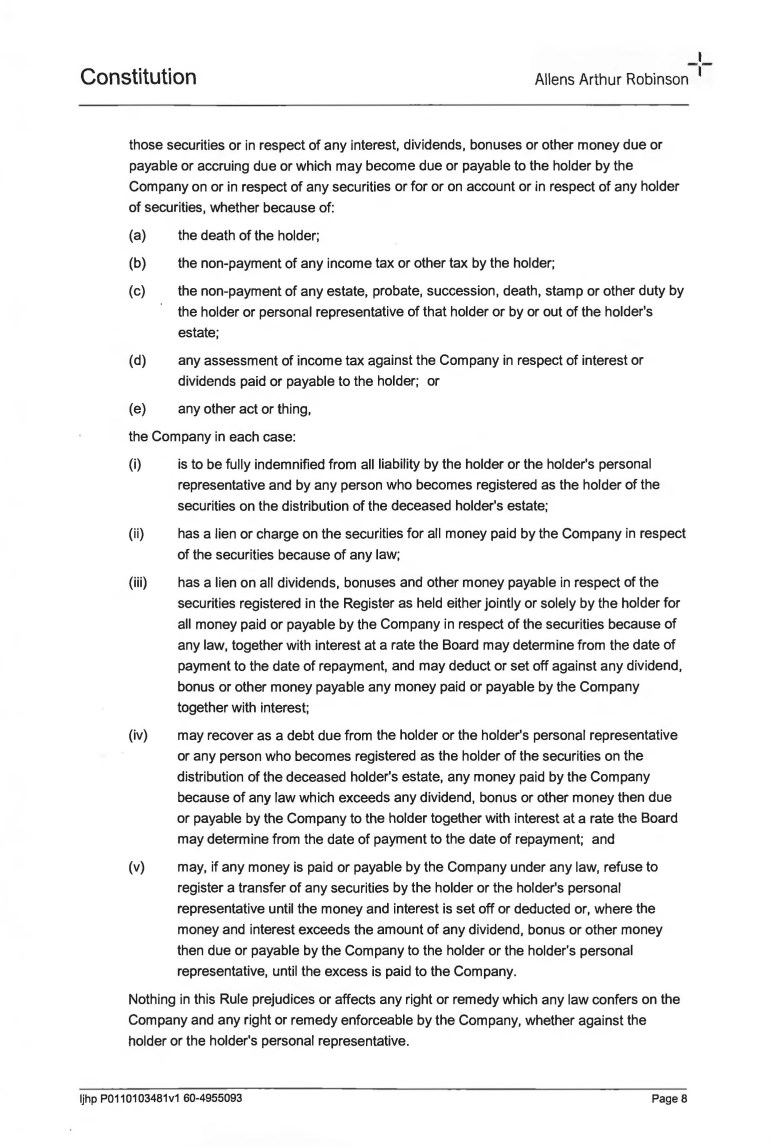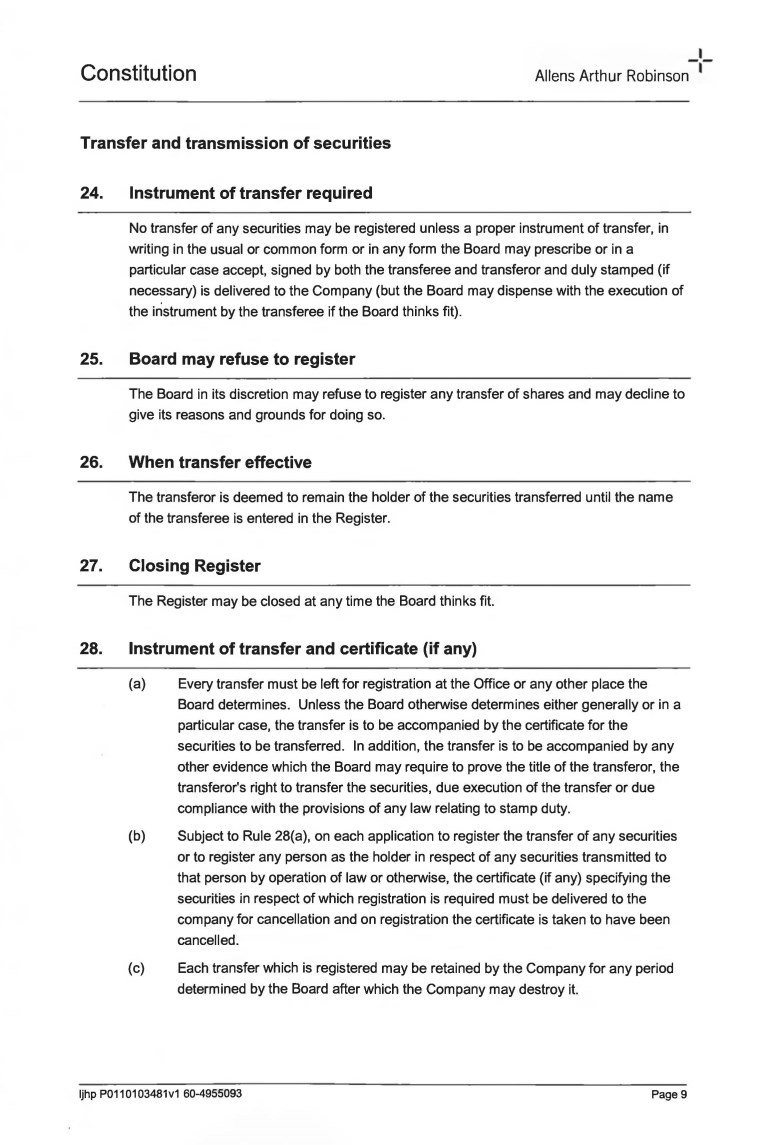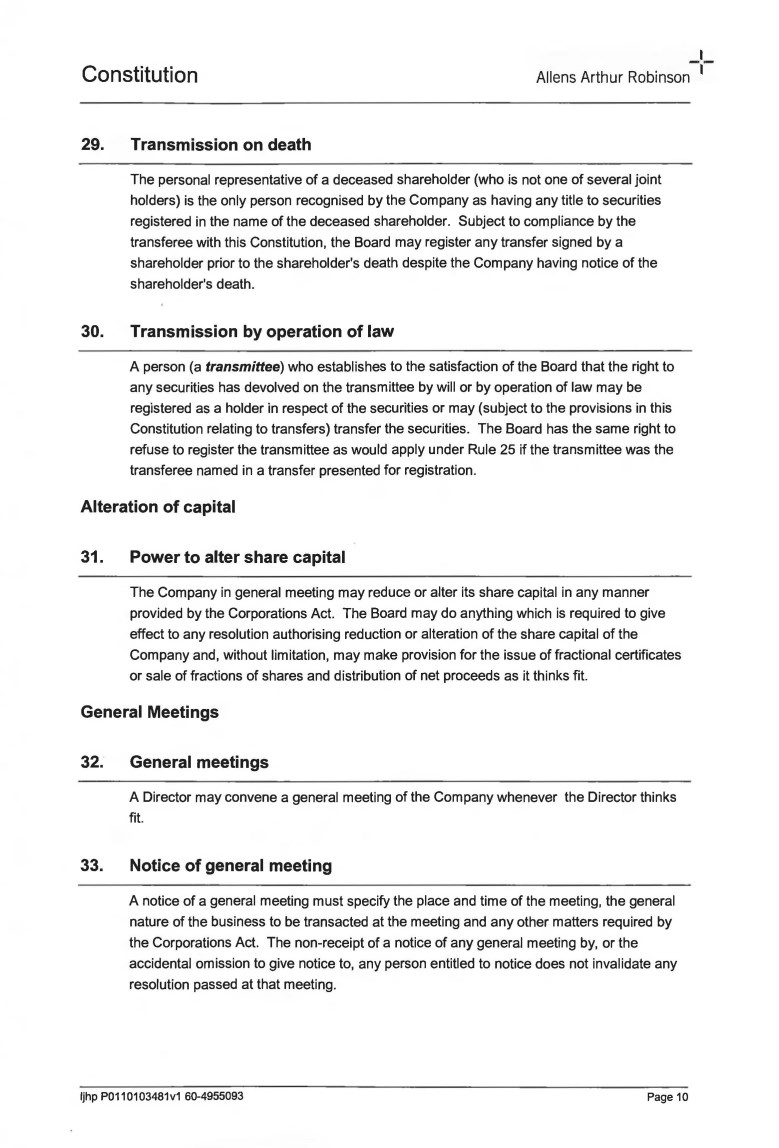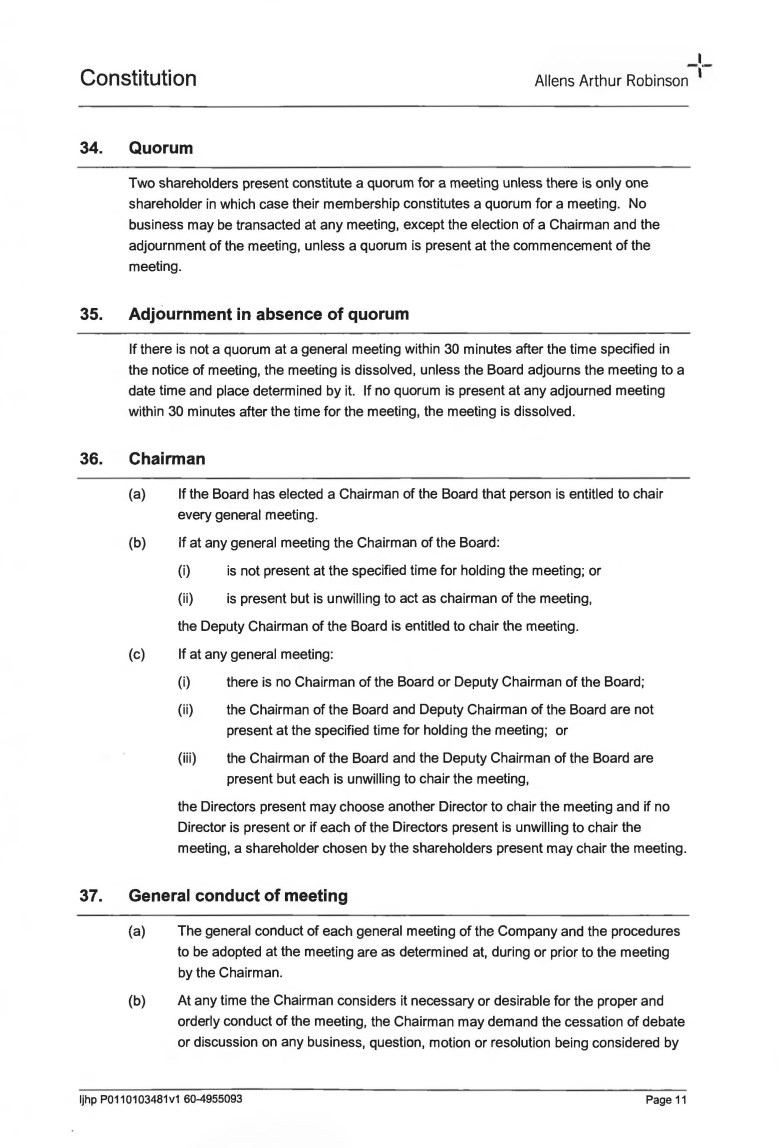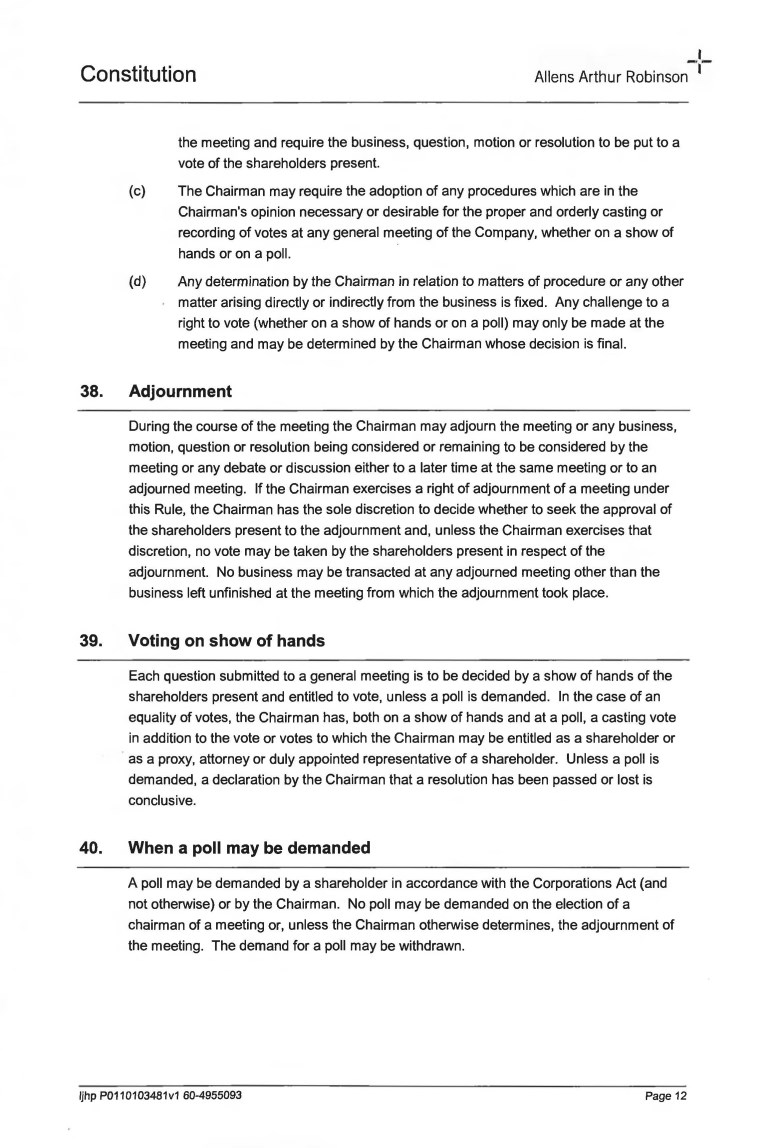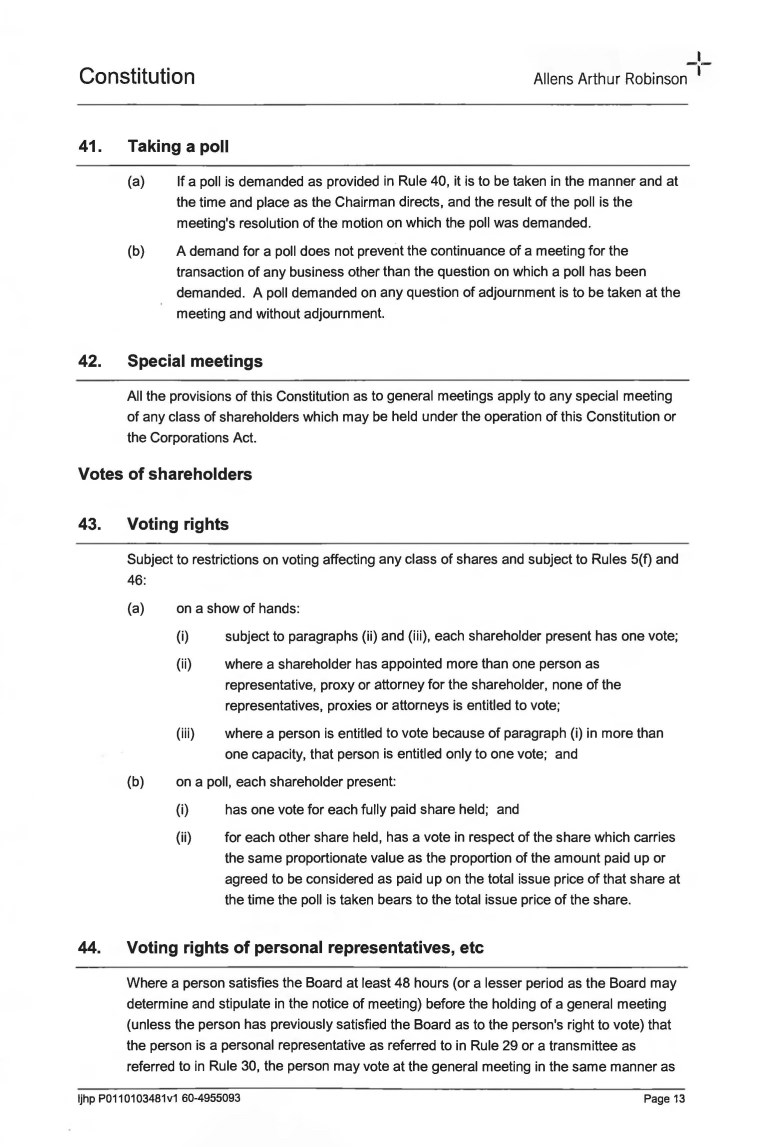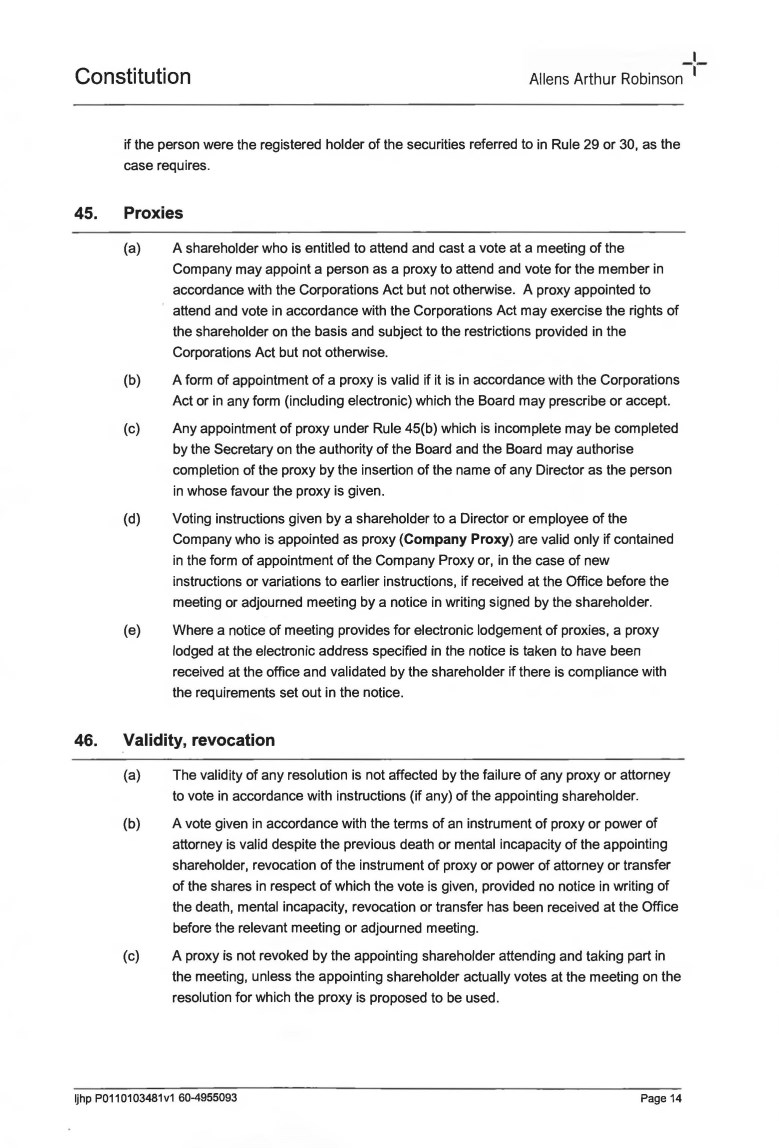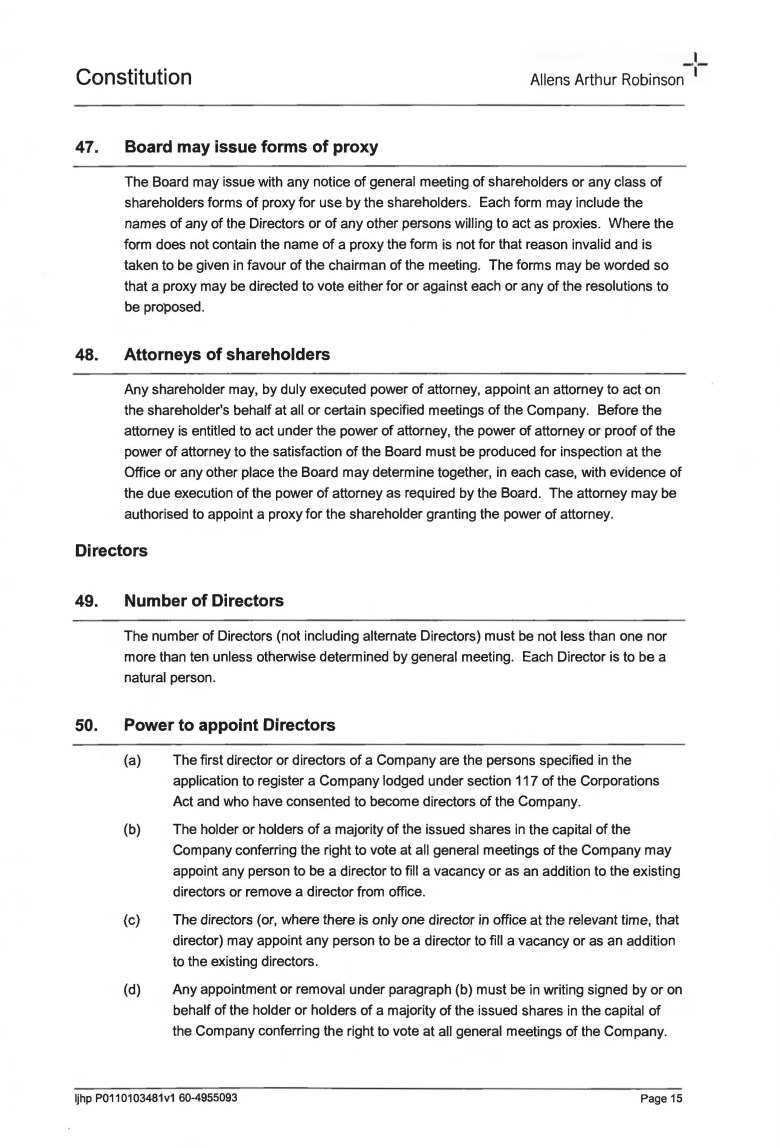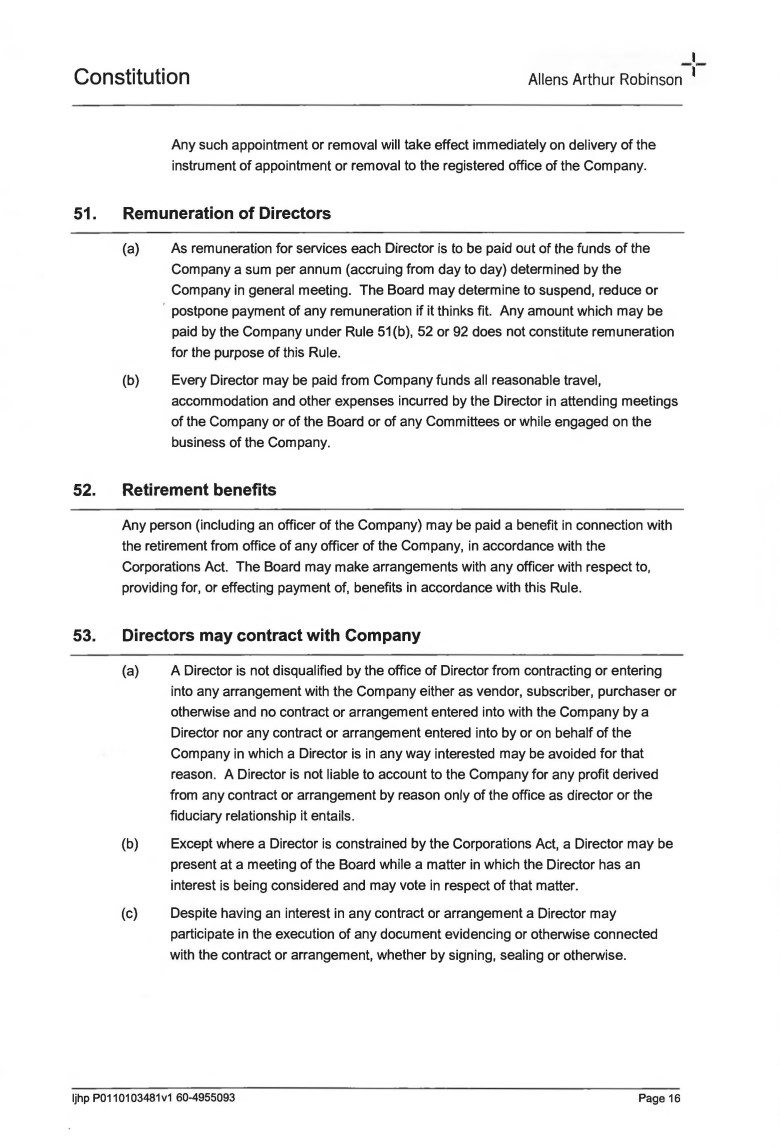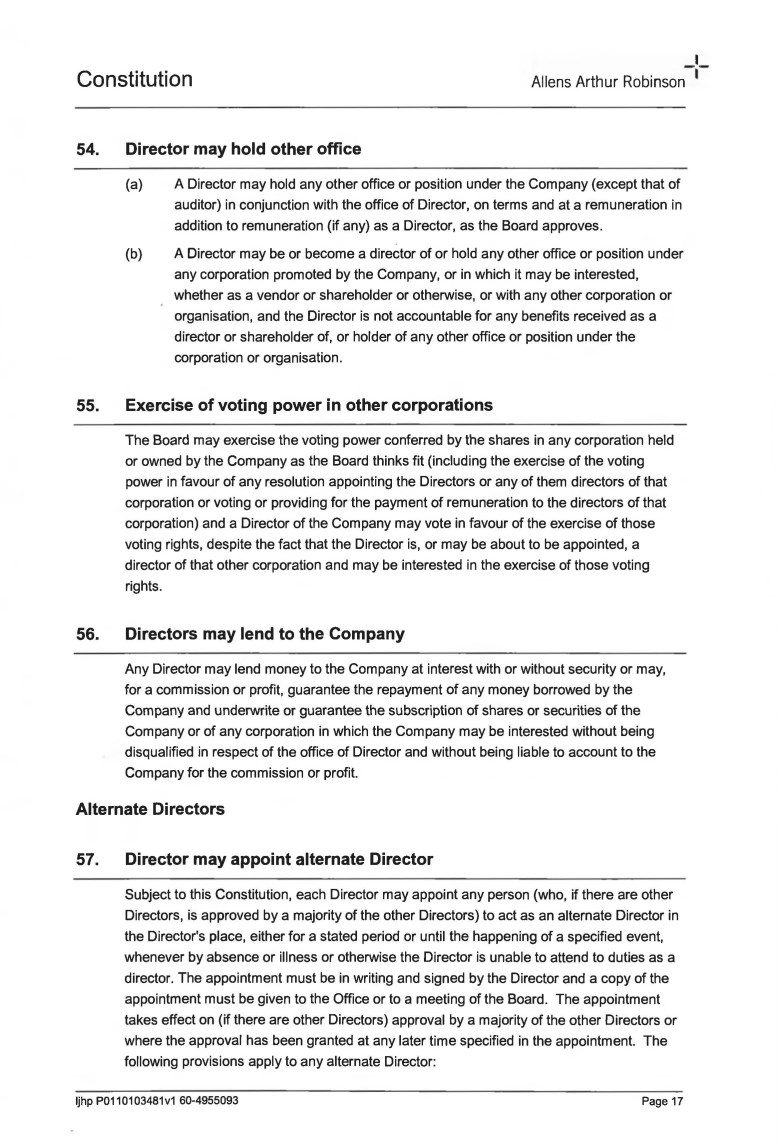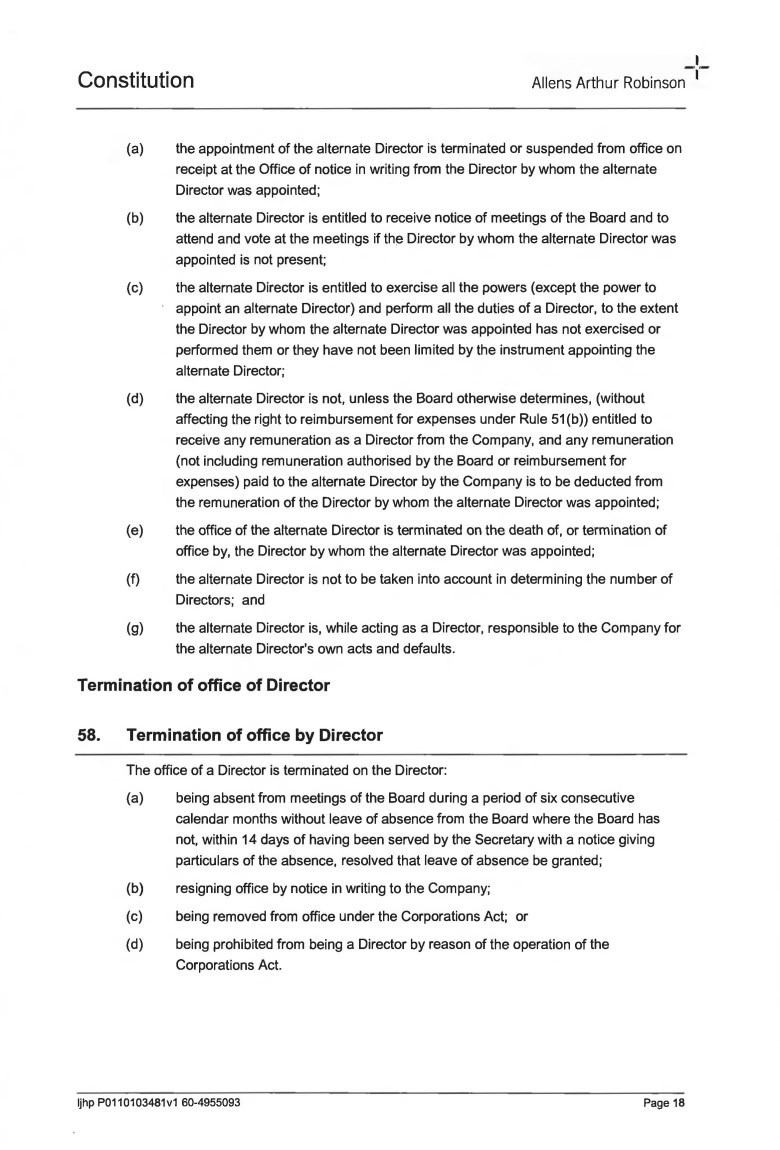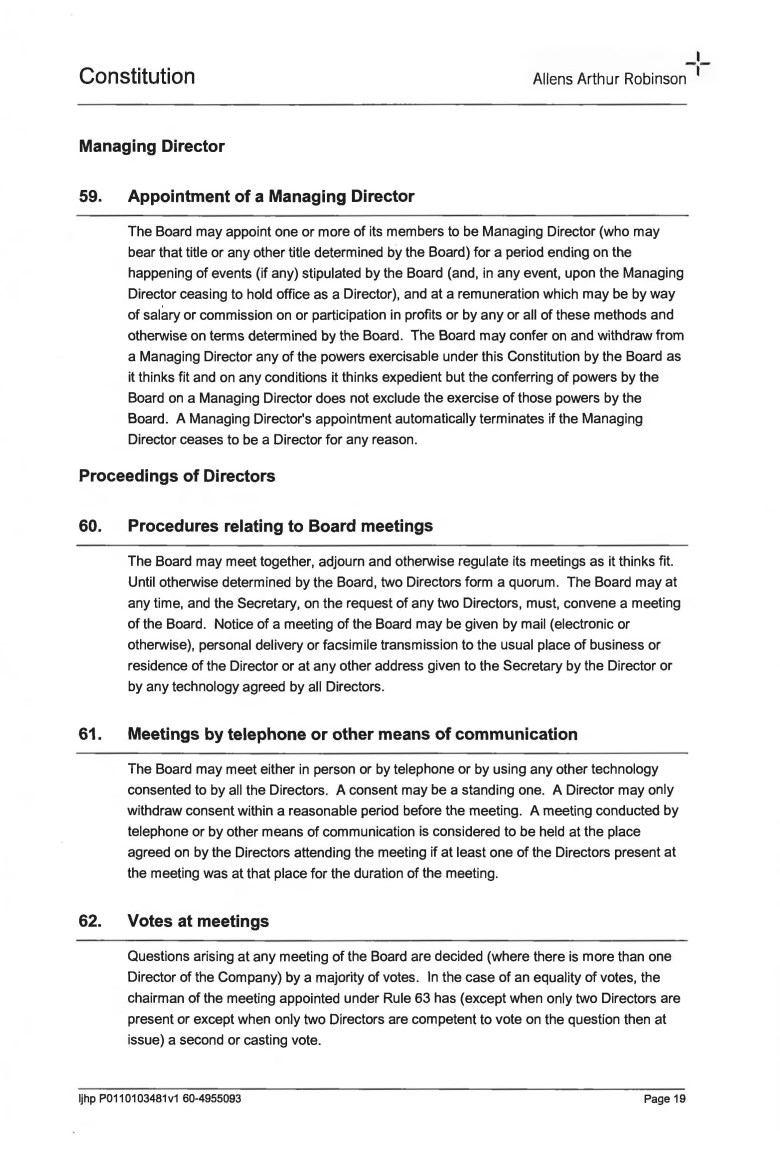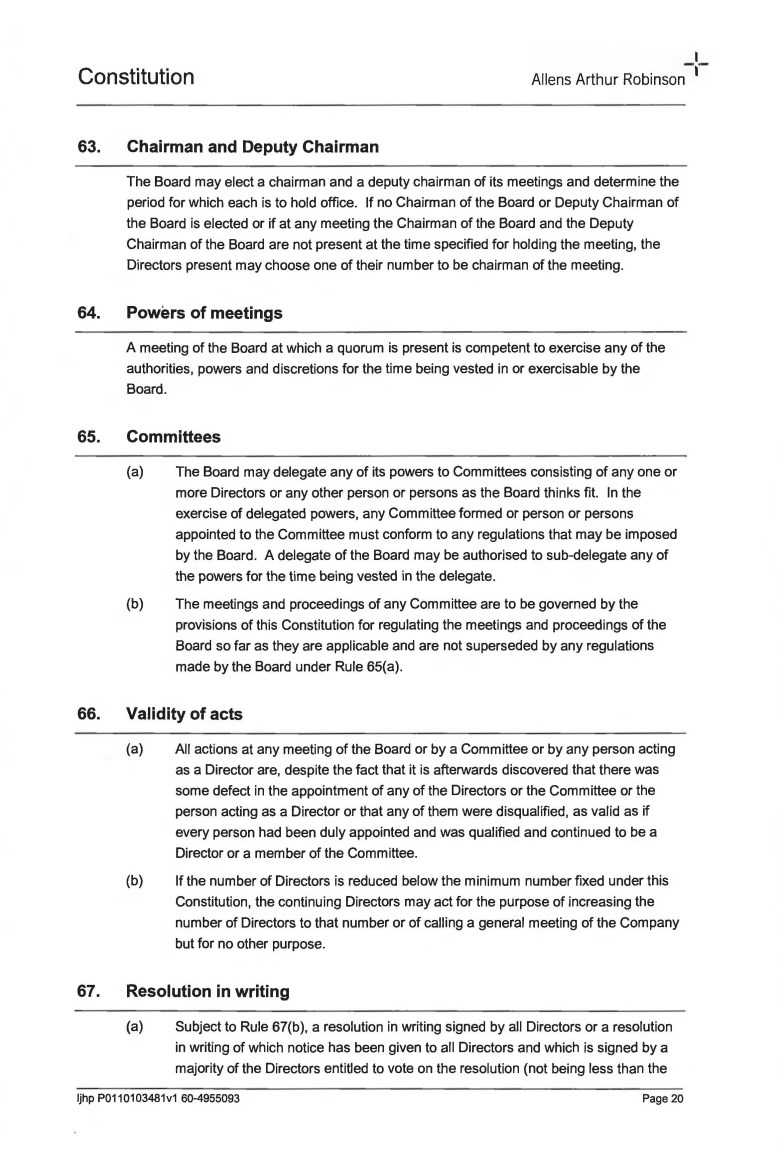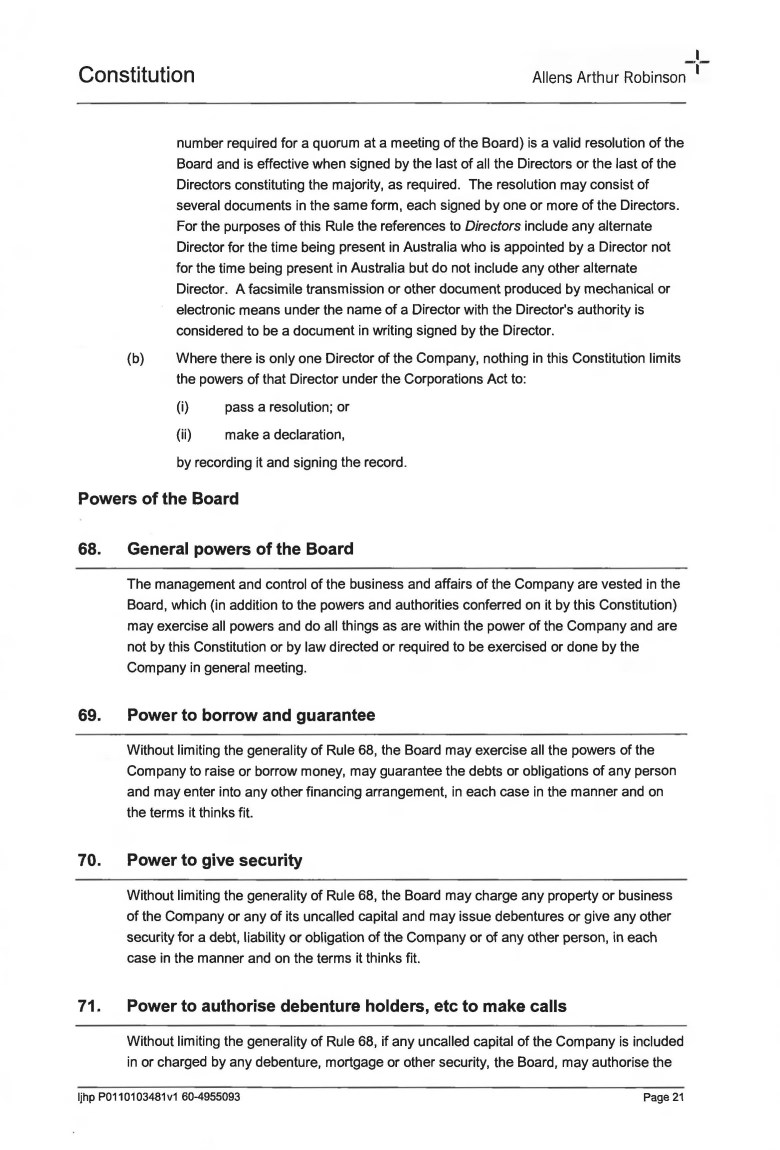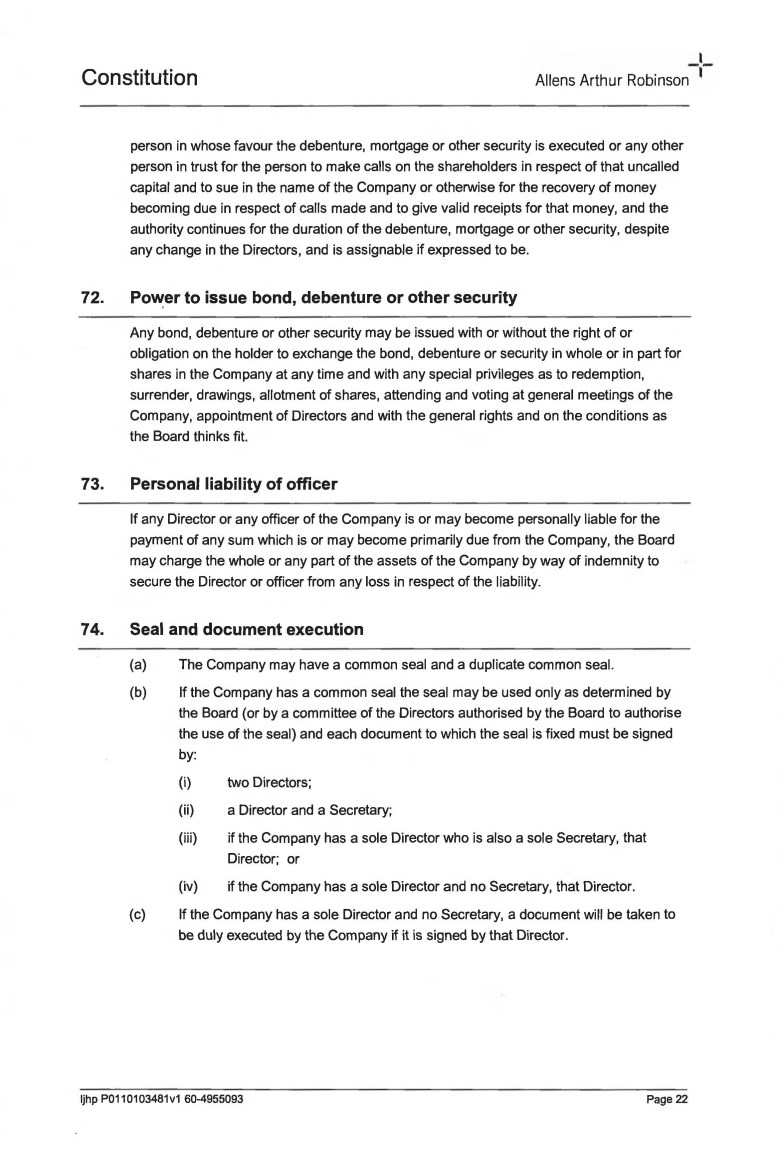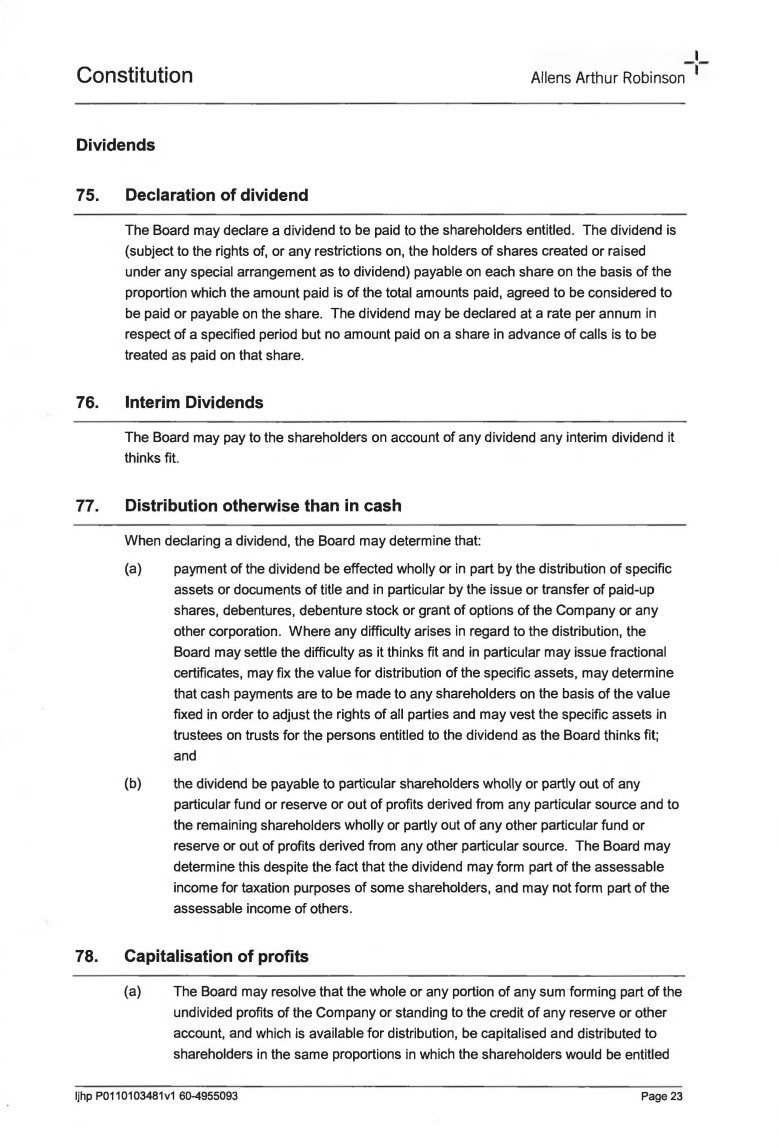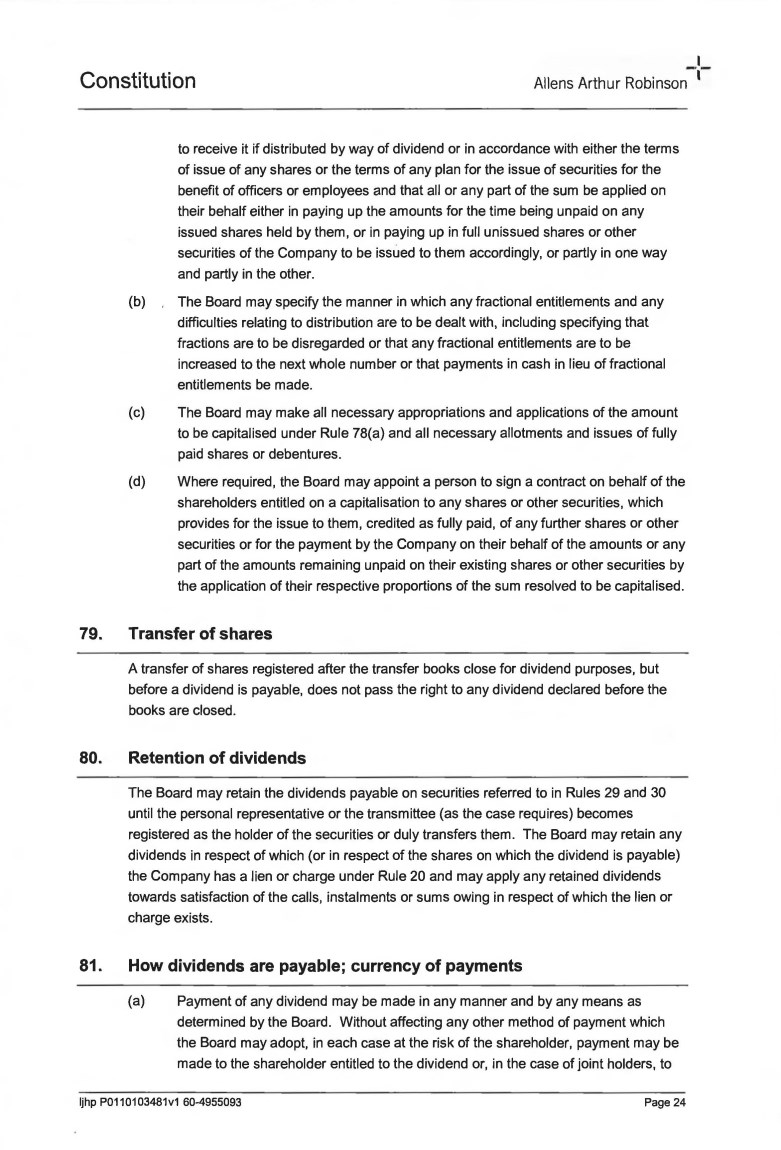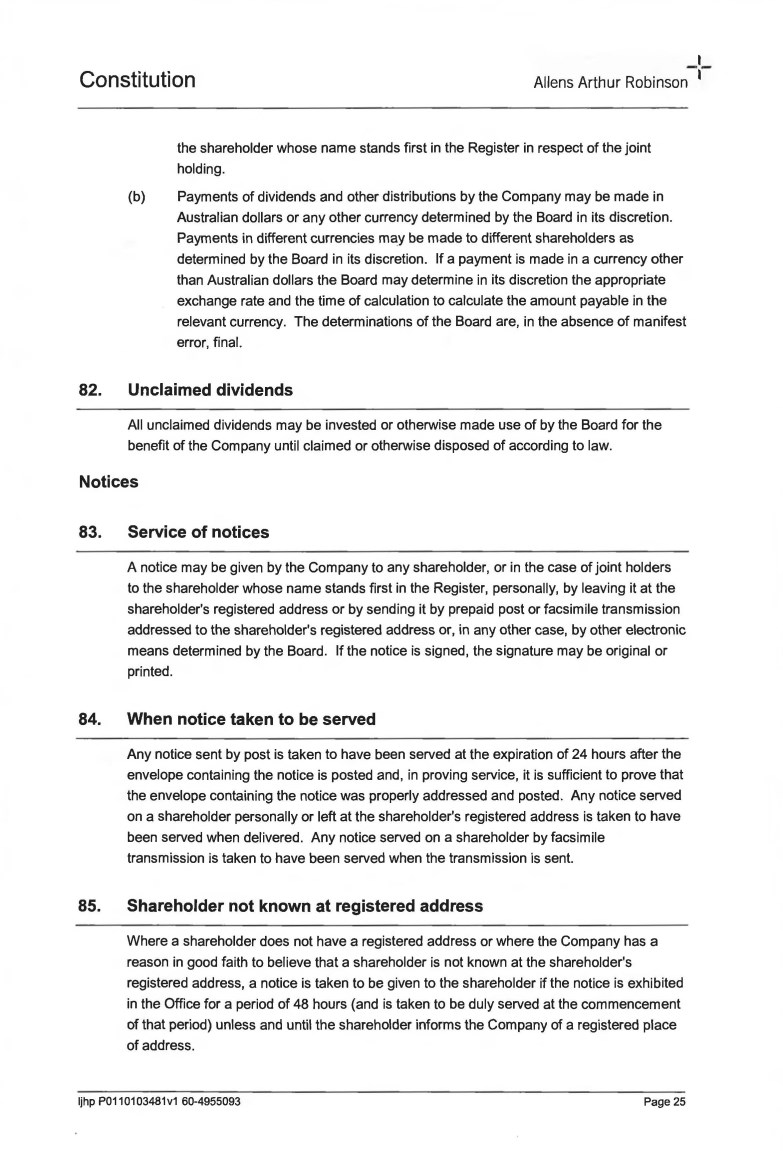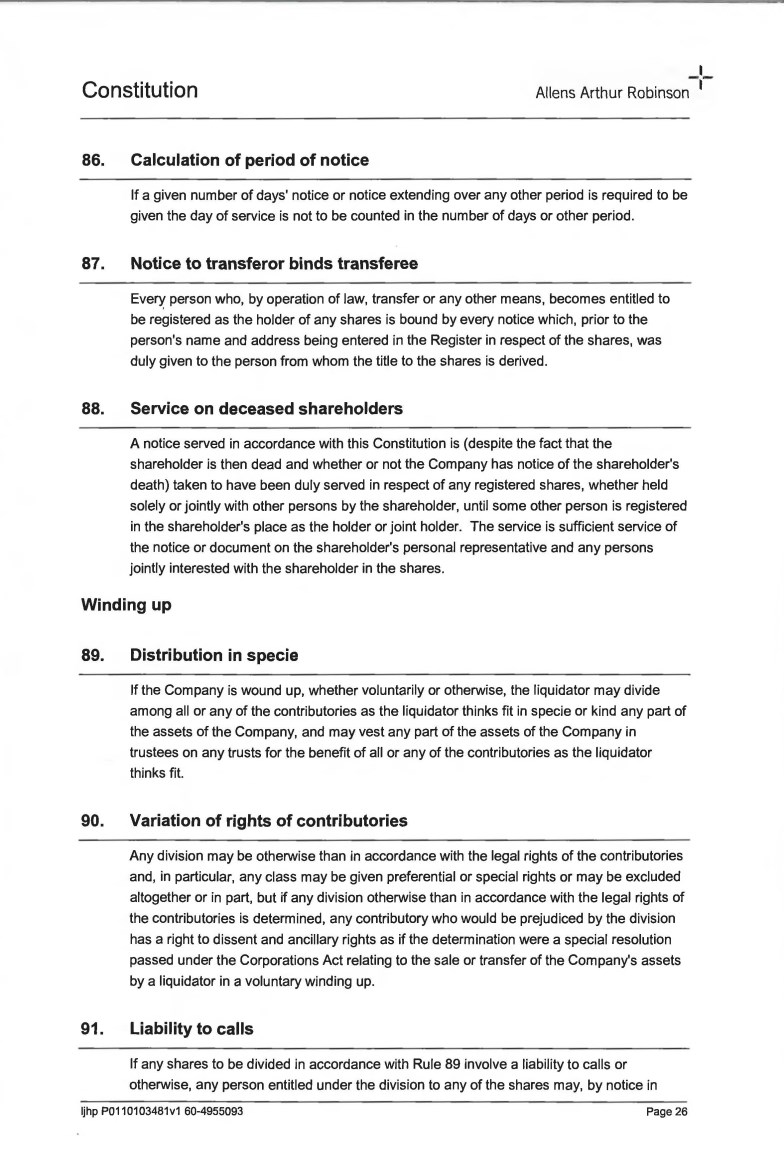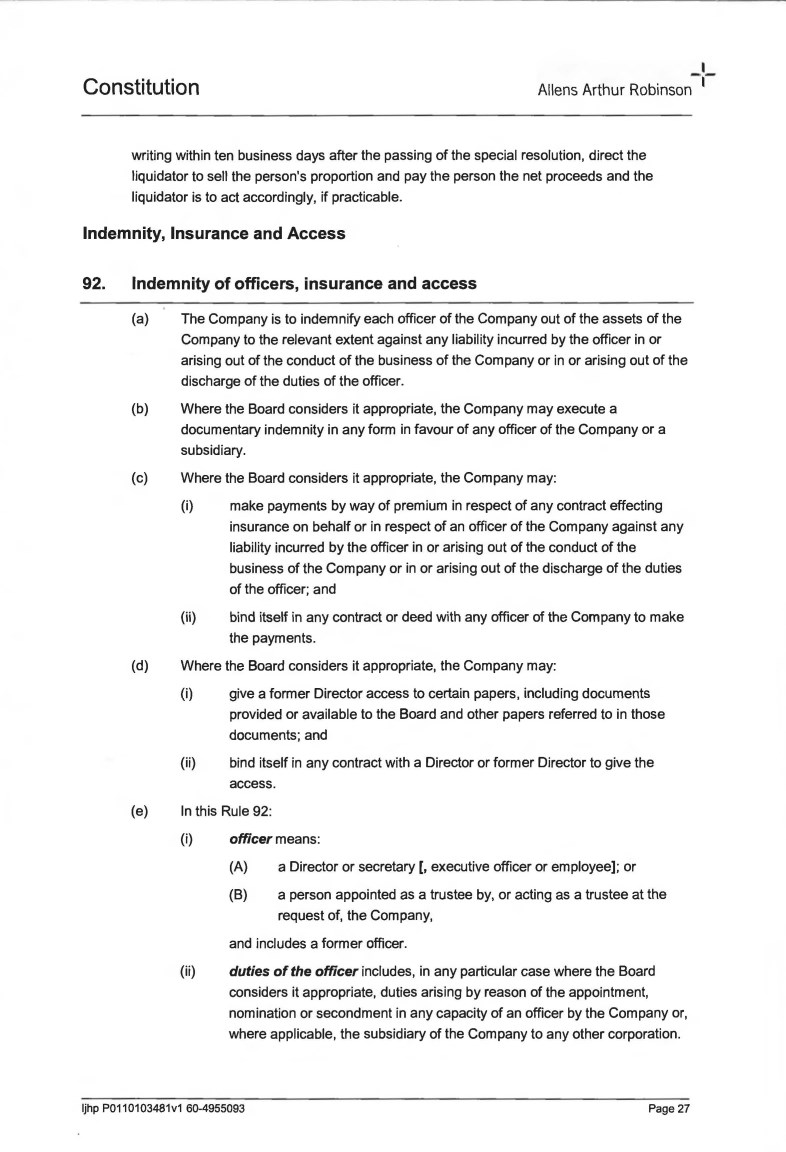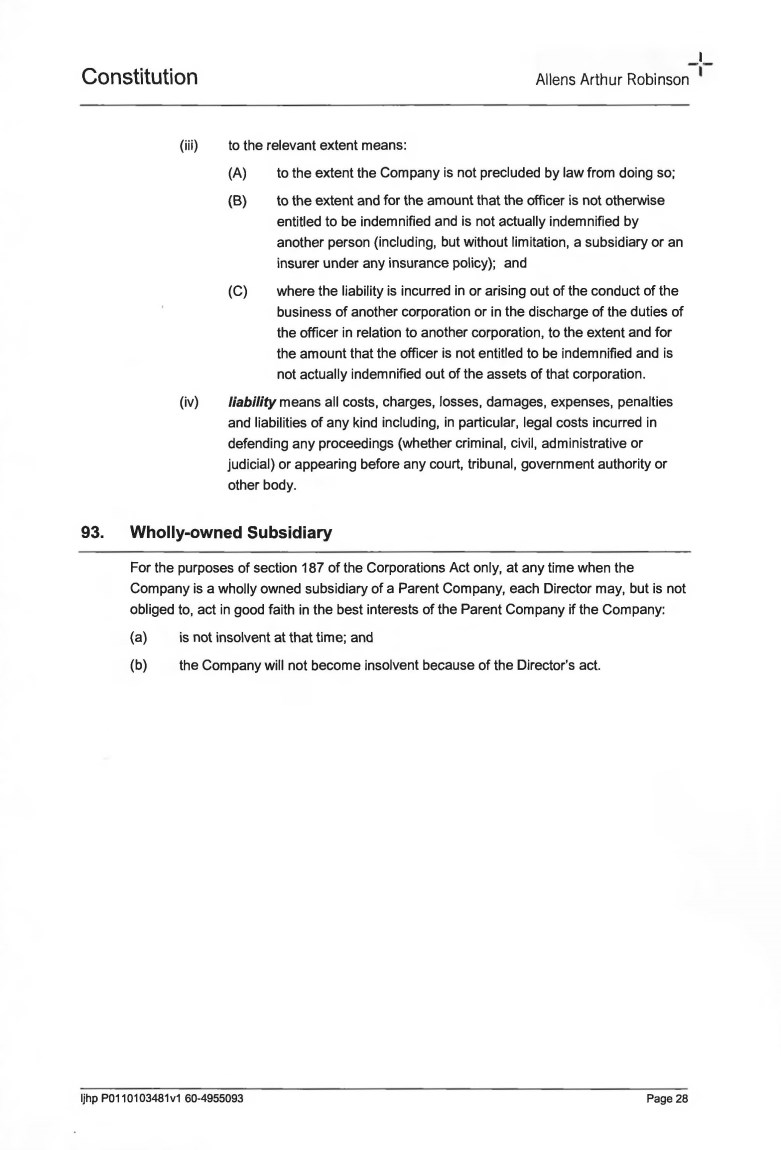Free signup for more
- Track your favorite companies
- Receive email alerts for new filings
- Personalized dashboard of news and more
- Access all data and search results
Filing tables
Filing exhibits
- S-1/A IPO registration
- 3.3 Exhibit 3.3
- 3.4 Exhibit 3.4
- 3.5 Exhibit 3.5
- 3.6 Exhibit 3.6
- 3.7 Exhibit 3.7
- 3.8 Exhibit 3.8
- 3.9 Exhibit 3.9
- 3.10 Exhibit 3.10
- 3.11 Exhibit 3.11
- 3.12 Exhibit 3.12
- 3.13 Exhibit 3.13
- 3.14 Exhibit 3.14
- 3.15 Exhibit 3.15
- 3.16 Exhibit 3.16
- 3.17 Exhibit 3.17
- 3.18 Exhibit 3.18
- 3.19 Exhibit 3.19
- 3.20 Exhibit 3.20
- 3.21 Exhibit 3.21
- 3.22 Exhibit 3.22
- 3.23 Exhibit 3.23
- 3.24 Exhibit 3.24
- 3.25 Exhibit 3.25
- 3.26 Exhibit 3.26
- 3.27 Exhibit 3.27
- 3.28 Exhibit 3.28
- 3.29 Exhibit 3.29
- 3.30 Exhibit 3.30
- 3.31 Exhibit 3.31
- 3.32 Exhibit 3.32
- 3.33 Exhibit 3.33
- 3.34 Exhibit 3.34
- 3.35 Exhibit 3.35
- 10.37 Exhibit 10.37
Associated filings
- 15 Jun 21 S-1/A IPO registration (amended)
- 15 Jun 21 S-1/A IPO registration (amended)
- 15 Jun 21 S-1/A IPO registration (amended)
- 15 Jun 21 S-1/A IPO registration (amended)
- 14 Jun 21 S-1/A IPO registration (amended)
- 14 Jun 21 S-1/A IPO registration (amended)
- 14 Jun 21 S-1/A IPO registration (amended)
-
11 Jun 21 S-1/A IPO registration (amended)
- 11 Jun 21 S-1 IPO registration
Rowan Services similar filings
Filing view
External links
